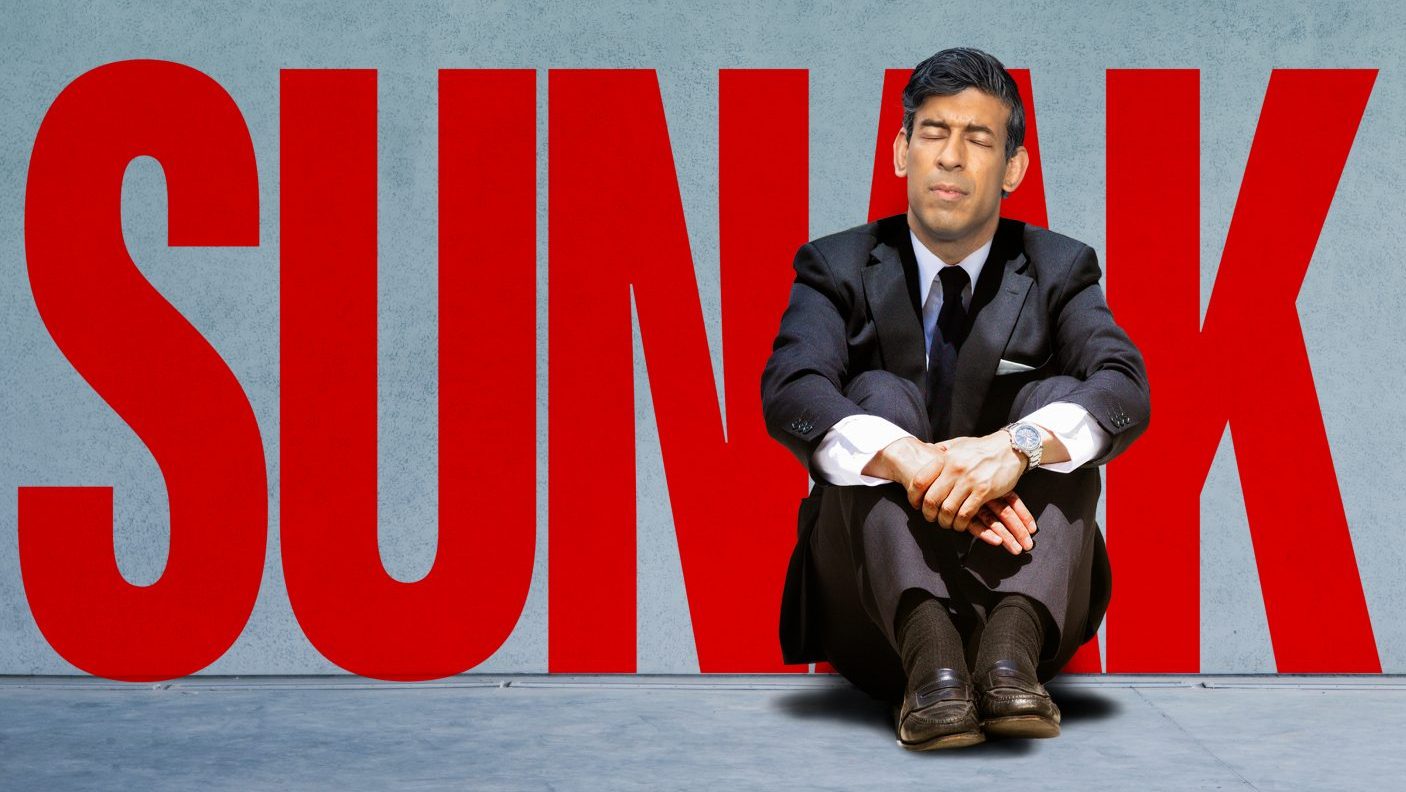Who would want a job in which abuse is inevitable, death threats not unusual, and the power to effect change very limited? Even if it carried a massive salary, headhunters might struggle to find clever, capable and well-balanced candidates prepared to take on such a role. But the pay is only in line with that of a senior civil servant, and without the job security that entails.
So the surprising thing is that a number of bright, personable and principled people are still prepared to put themselves forward as parliamentary candidates. What is less surprising is that too many of those who would like to join the House of Commons harbour extreme views, have questionable morals and often seem to lack any common sense.
The latter failing presumably explains why the current government thought it necessary to appoint a minister for common sense, although whether Esther McVey is the best person for such a responsibility is certainly debatable.
Labour’s undeniable triumph in last week’s two by-elections switched the spotlight away from its ghastly debacle in Rochdale. Yet when that election comes at the end of this month, the party will be the loser for it will not be fielding a candidate.
The late sacking of Azhar Ali over incendiary comments about Israel has almost certainly handed votes to a former MP who was prepared to pretend to be a cat on television and whose views are rarely less than intemperate, and another former Labour MP who is now standing for Reform, the former Brexit Party.
This is unfortunate for the people of Rochdale who would have liked to have seen a strong Labour voice representing them in parliament, although there will be another opportunity to achieve that at the forthcoming general election.
It must also serve as a reminder that parties of all persuasions need to exercise the greatest care in selecting candidates to carry their banner to voters.
After all, it is not only Labour that got its choice wrong in Rochdale: the Green Party candidate has stood himself down, having acknowledged that some less than diplomatic comments that he made in the past could now be used against him.
This does leave political parties with a real quandary. They need candidates who are driven, whose strong views have motivated them to go through the arduous process of campaigning and who, if elected, will be prepared to give their all to improving the lot of their constituency and their country. Such characters may have sometimes been outspoken; they may tend to be unconventional.
In the past, a degree of privacy would have protected them, but in the age of social media, there is no privacy. Remarks made in private are quickly made public and any dalliance is rapidly reported.
Changing concepts of morality mean that affairs and infidelities no longer need to bring a halt to political ambition. There is some behaviour, though, which is completely unacceptable to the electorate. The allegations of bullying and sexual harassment, too ghastly to contemplate let alone spell out, against a male member of staff, brought Peter Bone a suspension from parliament and an end to his career as a Tory MP.
How then was it possible for the Wellingborough Conservatives to think that his partner would be welcomed by the voters? Whatever it is that Bone has that appeals to Helen Harrison, it raises a huge question mark over her judgment.
It was no surprise that Harrison’s presence on the ballot paper not only helped Labour’s Gen Kitchen to her resounding victory but also contributed to Reform winning 13% of the votes; a significant victory in the party’s battle for influence if not in the war in Wellingborough.
Ironically, while the candidates have been slugging it out in the by-elections, desperate to get a seat in parliament, sitting MPs have been announcing their departures at a record rate. In many cases, they are simply pre-empting the defeat that the general election has in store for them, but some have loyal personal followings which might have enabled them to hold on despite the swing to Labour which is now taken as a near certainty.
Nevertheless, there was still a degree of shock when justice minister, Mike Freer, said he would be standing down over fears for his personal safety. His colleague, Sir David Amess, was murdered in his Southend constituency office and Freer had already taken to regularly wearing a stab vest at events when an arson attack at his office was the last straw that caused him to resign.
Women MPs regularly receive misogynistic abuse and this was particularly apparent during the Brexit referendum process when some were advised to stop holding their weekly constituency surgeries because of the potential danger.
The Commons speaker, Sir Lindsay Hoyle, admits, “We all get death threats”. Yet that has not deterred Kitchen or Damien Egan, who triumphed in Kingswood last week, from becoming MPs.
They are not doing it for the money: it is a tough job that requires long hours of work and places a toll on all members of an MP’s family. A better salary package would be more than justified for the right people – but the parties need to take great care in finding those people.




